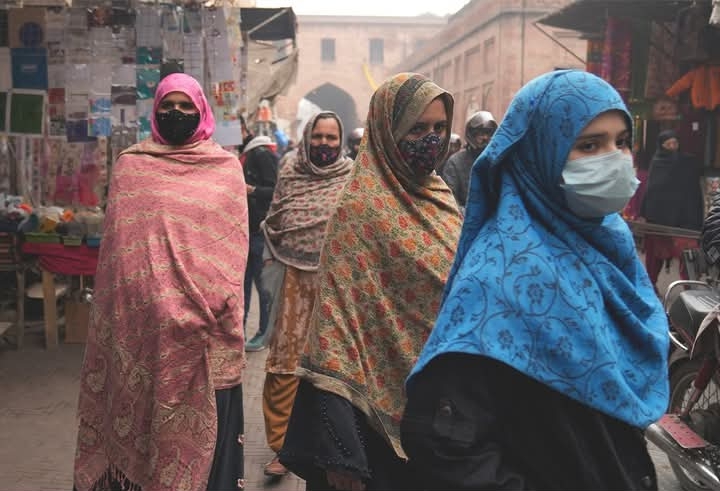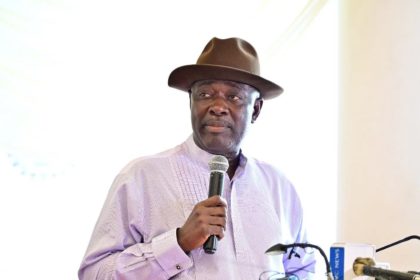
By Adeyemi Adekunle
In a stark revelation, a recent UN Women report indicates that women’s rights have regressed in nearly a quarter of countries worldwide over the past year, attributing this decline to factors such as climate change, democratic backsliding, and the rise of anti-rights movements.
The report highlights that the erosion of democratic institutions often coincides with setbacks in gender equality, noting that “anti-rights actors are actively undermining long-standing consensus on key women’s rights issues.” This backlash has impeded the implementation of the Beijing Platform for Action, a landmark framework established during the 1995 World Conference on Women.
Over the past three decades, advancements in women’s rights have been inconsistent. While female representation in parliaments has more than doubled since 1995, men still occupy approximately 75% of parliamentary seats globally. Additionally, although the number of women receiving social protection benefits has increased by a third between 2010 and 2023, around 2 billion women and girls still lack such protections.
Employment disparities persist, with 63% of women aged 25 to 54 engaged in paid work, compared to 92% of men in the same age group. The report also underscores emerging threats to gender equality, including the COVID-19 pandemic, global conflicts, climate change, and the advent of technologies like artificial intelligence.
Alarmingly, the report reveals a 50% increase in conflict-related sexual violence over the past decade, with 95% of victims being children or young women. In 2023 alone, 612 million women resided within 50 kilometers of armed conflict zones—a 54% surge since 2010. Furthermore, in 12 countries across Europe and Central Asia, over 53% of women have experienced some form of online gender-based violence.
Globally, violence against women and girls remains pervasive, with approximately one in three women subjected to physical or sexual violence by an intimate partner or non-partner during their lifetime.
In response to these challenges, UN Women has proposed a comprehensive roadmap to address gender inequality. Key strategies include ensuring equitable access to emerging technologies, implementing measures for climate justice, investing in poverty alleviation, enhancing women’s participation in public affairs, and intensifying efforts to combat gender-based violence.
As the world approaches the 30th anniversary of the Beijing Platform for Action, this report serves as a critical reminder of the ongoing struggles for gender equality and the imperative for renewed commitment to safeguarding and advancing women’s rights globally.




